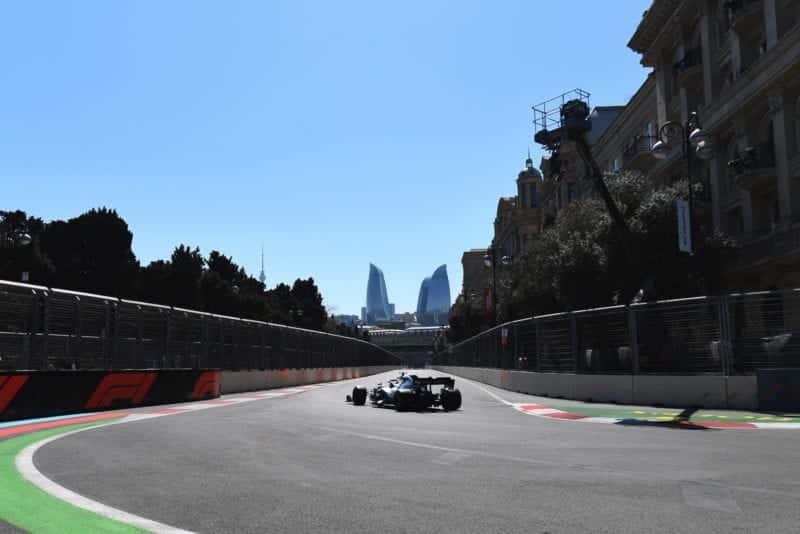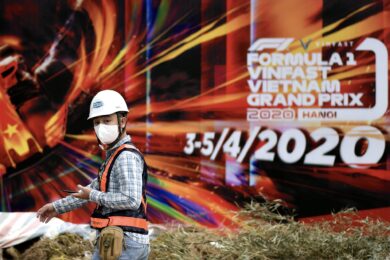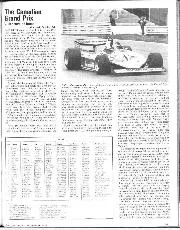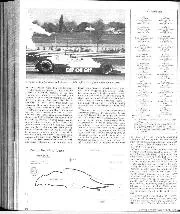This event has been very much predicated on the sensation that is Max Verstappen and how he has lit up that nation’s taste for the sport until it’s madly clamouring for more. The race, originally scheduled for May 3, was vastly over-subscribed. It represented a refreshing move back to a more grass roots sort of model – arsing not from a regime’s bid for global investment or political legitimacy but from the inspirational factor of one particular driver carrying a country’s sporting hopes. Maybe the ‘regime’ commercial model was already waning.
There’s something indefinable about the quality of the drivers that so catch the imagination, that they single-handedly become a huge part of the sport’s commercial appeal. Why was Michael Schumacher so immensely popular with the German fans that F1 could comfortably carry two grands prix for a time, yet Sebastian Vettel, even at his peak when he was comparably successful to Schumacher, couldn’t? Nor could Nico Rosberg – nor indeed Mercedes.
Fernando Alonso lit up his nation for F1 in much the same way as Schumacher had for his; it wasn’t all that long ago we had sell-outs at both Barcelona and Valencia. Now Germany is out of the calendar and the single event in Spain is hanging on by its fingernails.
After the expected cancellation of Baku, the theoretical first race would be Canada, June 14. Given that this is likely to coincide with projected ‘peak virus’, it wouldn’t be a great surprise if Montreal were added to the list of ‘postponed’ 2020 races. This is another event that was boosted hugely by the inspirational effect of one driver, in this case Gilles Villeneuve.





